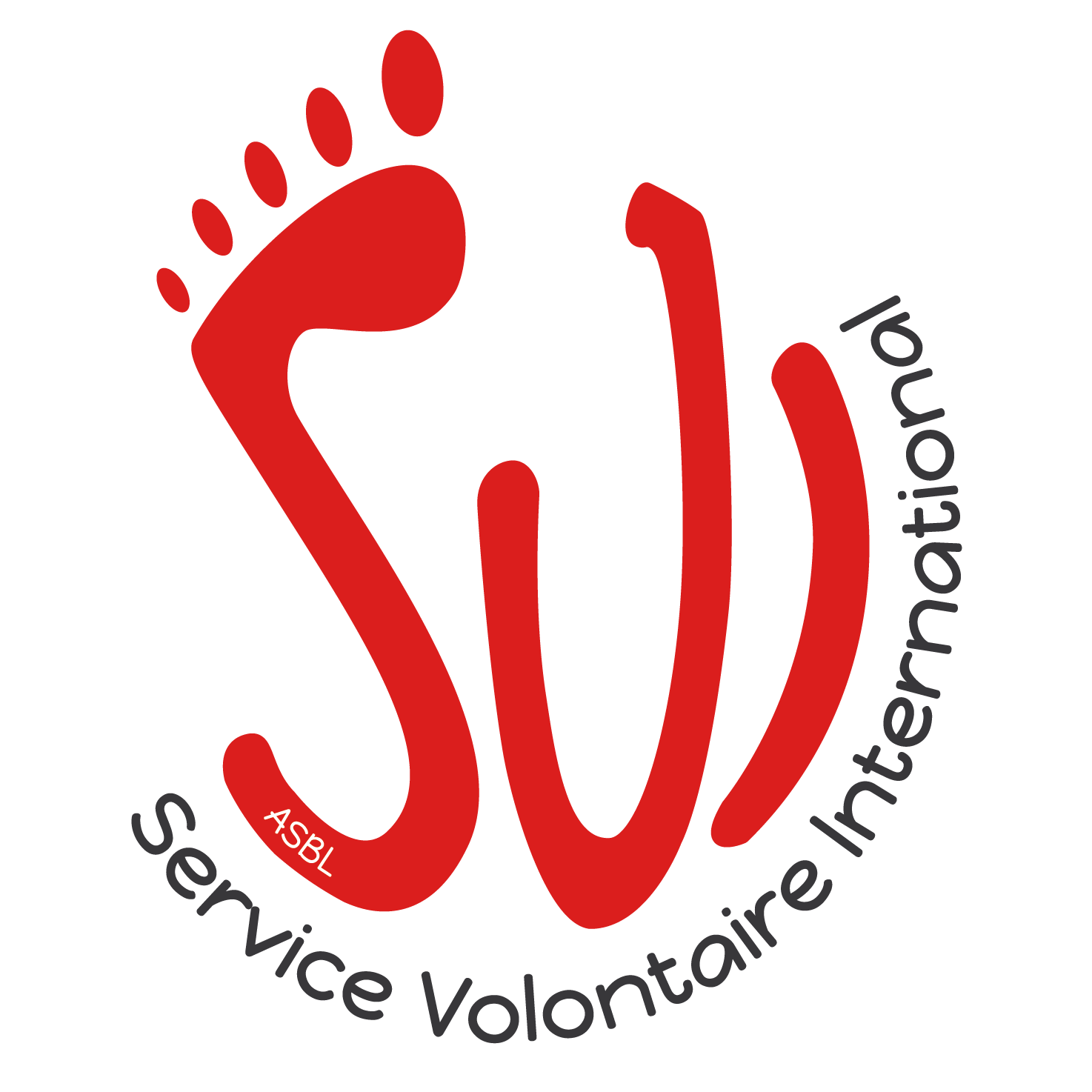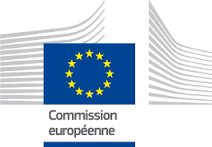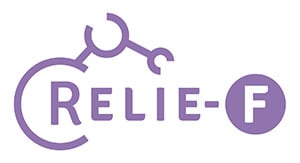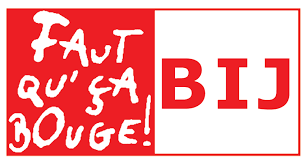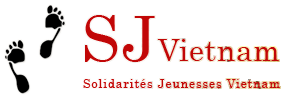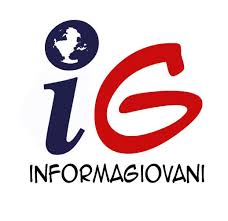 InformaGiovani network is a EU-wide network supported by the European Commission in the frame of Key Action 3: Support for Policy Reform of Erasmus+ programme. IG-network has been recognised by EU Commission for three years of activity under Framework Partnership Agreement (2015-2017).
InformaGiovani network is a EU-wide network supported by the European Commission in the frame of Key Action 3: Support for Policy Reform of Erasmus+ programme. IG-network has been recognised by EU Commission for three years of activity under Framework Partnership Agreement (2015-2017).
Nowadays, it counts 25 youth organisations or institutions dealing with youth issues and policies, and has a geographical coverage of 19 EU countries (BE, BG, HR, CZ, EE, MK, HU, IS, IT, LV, LT, NL, PL, PT, RO, ES, SE, TR, UK). IG network focuses on working with and benefitting young people, especially with fewer opportunities, and NGO’s and youth workers dealing with this specific target group to promote inclusion, volunteering and facilitate employability.
Activities of the network are mainly addressed to youth at risk of social marginalisation or living in difficult socio-economic and cultural background. Its annual workplan mixes a wide range of activities for which envisaged direct participants will be more than 7.500, where youngsters under 30 are around 80%. Some activities are aimed to reinforce effectiveness and quality of youth work, in general, and in particular, are aimed at improving social workers’ professional skills and competencies in their work with young people at risk, in field of integration of young migrants and refugees, and mediation in inter-/multi-cultural communities.
Some actions are addressed to disseminate and widen the impact of other activities, and to run information activities, in particular related to explaining the impact of non formal education methods, to raise awareness on socio-political and environmental issues, and to promote volunteering and international mobility, with focus on Erasmus+ opportunities. Dissemination activities are made through IG mailing lists and social media (more than 85.000 contacts) and through local projects which ensure “direct contact” visibility and multiplying effect. Every action will bring benefit to young people with fewer opportunities and their social network, either directly (being participants in youth exchanges, workshops, EVS, voluntary projects) or indirectly (being beneficiaries of volunteering initiatives). In order to skip the risk of “ghetto” initiatives, youngsters from difficult backgrounds are always involved together with youth from “normal” backgrounds.
Moreover, scientific support to the involvement of youth at risk will be provided by Public Offices for Social services whose staff is involved in preparing and running activities since years. The work programme offers a wide range of activities and methodologies, adapted each time to the specific target or participants group. In particular we want to underline the role of voluntary activities and the promotion of culture of volunteerism as a tool for social inclusion, active citizenship, personal growth and skills empowerment of youngsters at risk of social marginalisation or at risk of becoming offenders.
